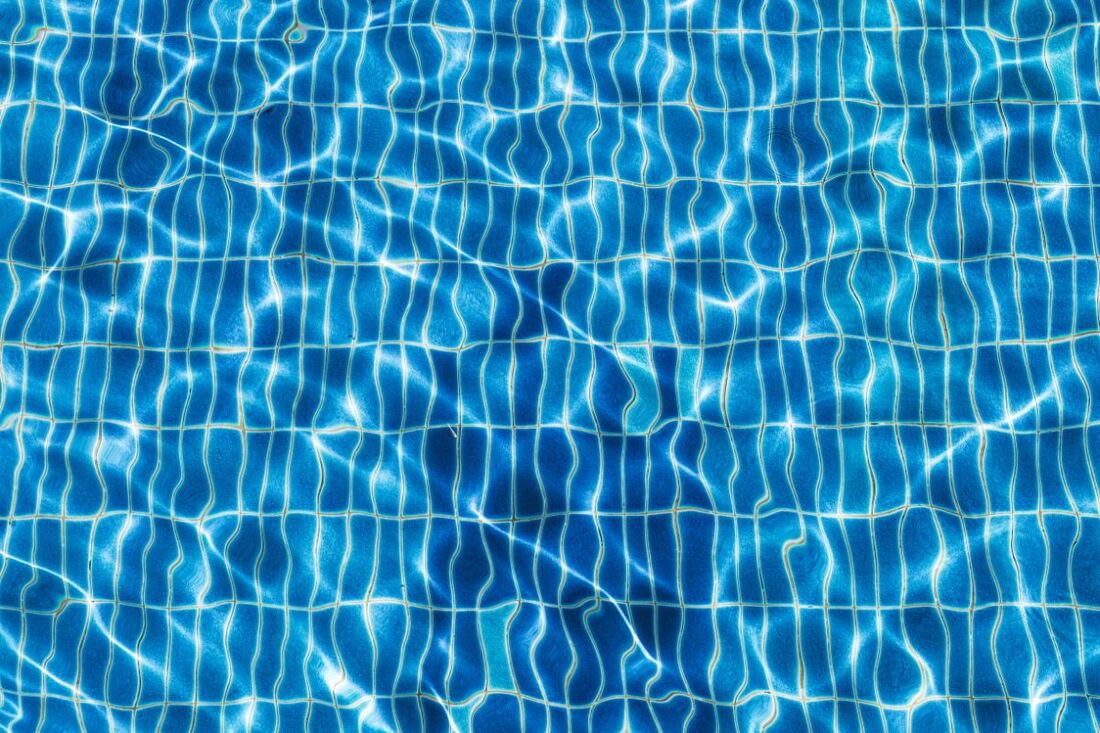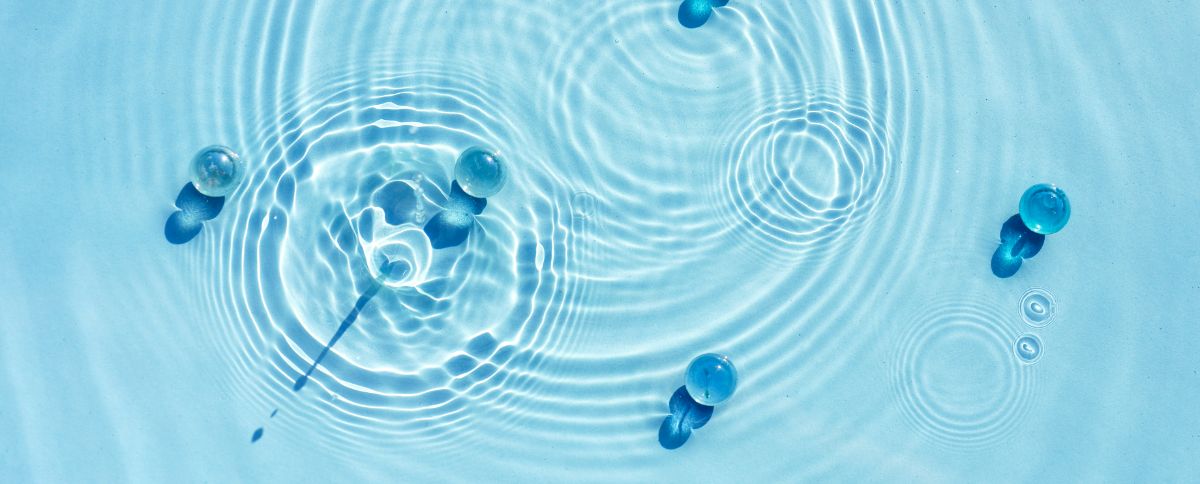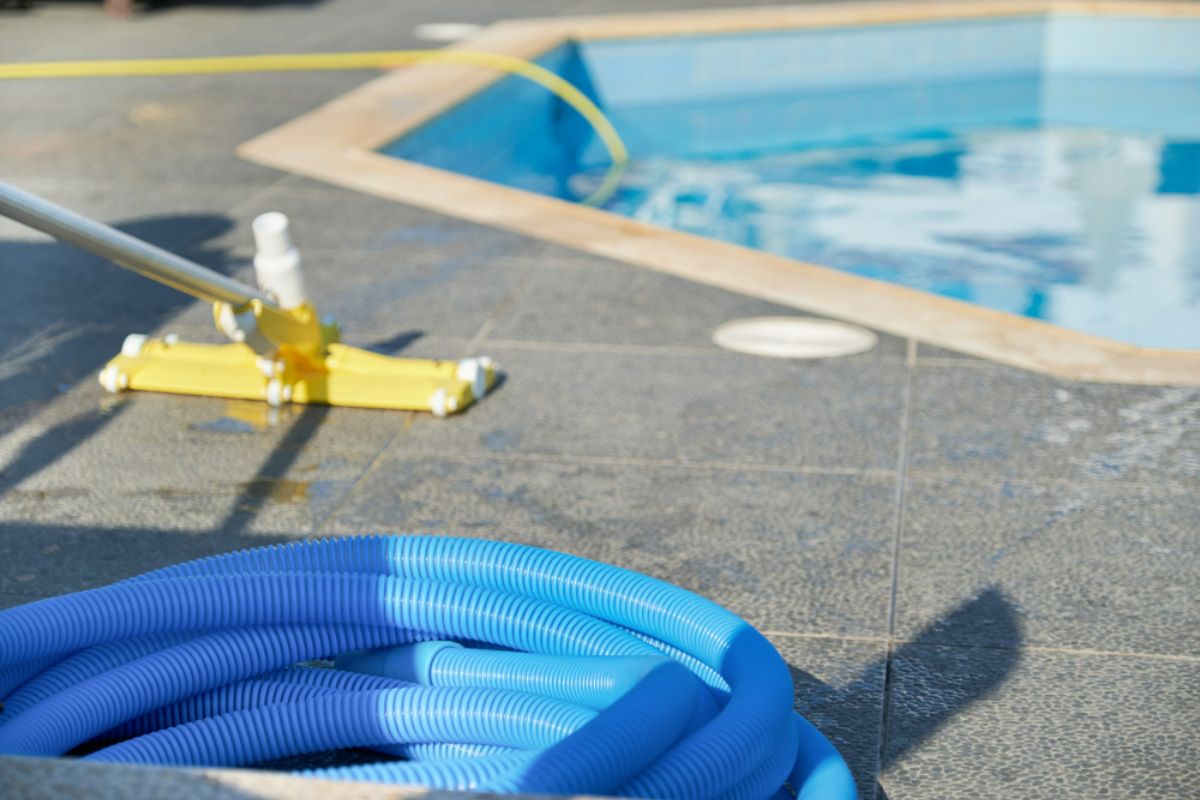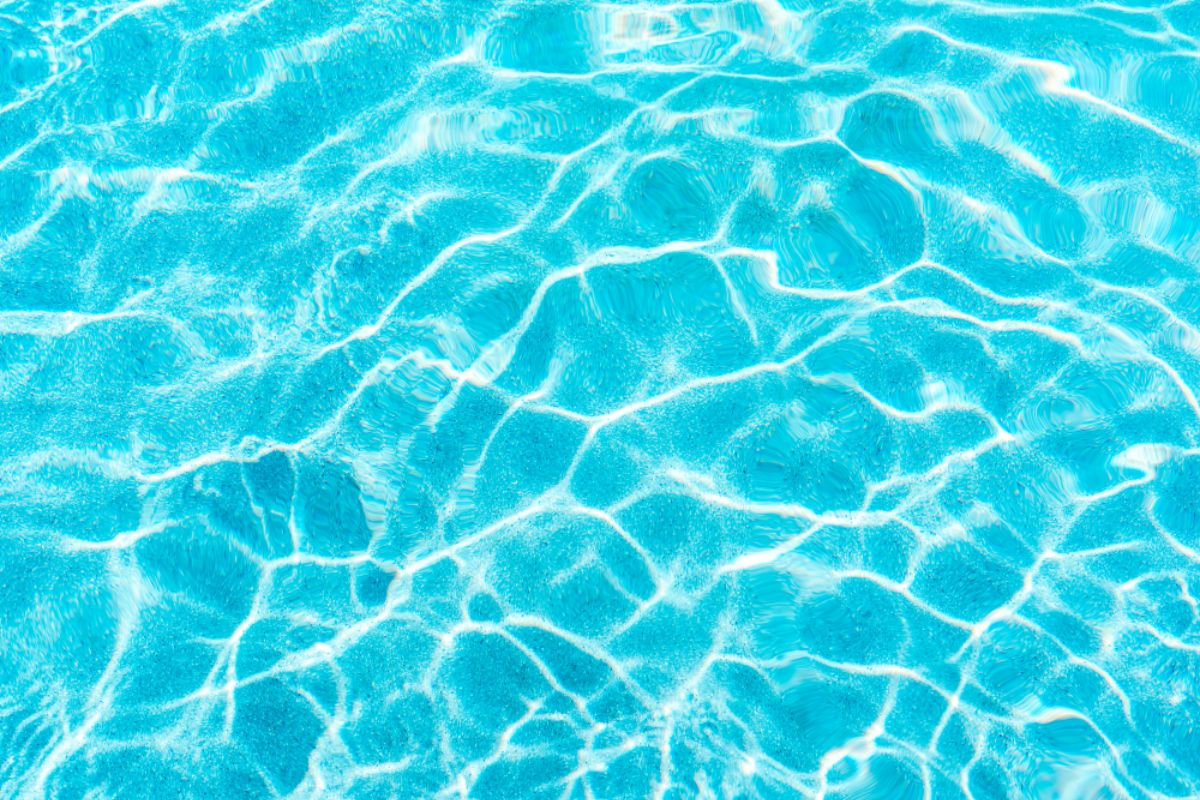What pool chemicals do I need for my pool?
- Sanitizers or chlorine
- Pool shock or oxidizers
- Water balancers
- Specialty chemicals
Maintaining your swimming pool is no walk in the park. At times, making sure your water is clean, clear, and ready to jump into can be a tough job. This is especially true if you don’t have the right pool chemicals for regular maintenance.
If the question “what pool chemicals do I need?” has ever crossed your mind, then keep scrolling. We’ve prepared a quick overview of the most important chemicals you should keep on hand, and what roles they play for your pool’s chemistry!
Sanitizers

As the name implies, these chemicals clean and disinfect your pool. As such, there needs to be a certain amount of these in the water to prevent things like germs, bacteria, mold, and other harmful microorganisms from making a home in your pool.
Likewise, if your sanitizer levels fluctuate, other problems can occur — such as skin rashes and eye irritation for those who swim in your pool.
When it comes to sanitizing your pool water, chlorine is the most common (and most effective) choice there is. This pool chemical comes in different forms, such as liquid, tablet, and granules — but generally, pool owners tend to prefer either tablet or granule form.
Chlorine tablets, also known as trichlor — which you can buy online here — contain about 90% available chlorine. This makes it the most potent form of chlorine you can buy — adding 1 of our chlorine tablets to a 5,000-gallon pool will keep it clean for up to a week! So, due to their high chlorine content, they are best used for daily maintenance.
Chlorine granules, like our Mega-Chlon Chlorine 70%, are also another way to add chlorine to your pool. Though they have less available chlorine, they are still a cost-effective and powerful way of sanitizing your water. They’re also more versatile, as you can measure out varying amounts to best meet your pool water’s needs. Lastly, they’re much easier to store long-term, as you can buy them in larger amounts, and they don’t deteriorate in quality even after some time.
Pool shock

Another chemical to pick up at your pool supply store is pool shock. Also known as oxidizers or calcium hypochlorite, they are the powerhouse cleaner product for your pool. Like sanitizers, they also help rid your pool of any algae, bacteria, chloramines, and other pathogens that may be in your water. Though these are more heavy-duty and targeted than chlorine products.
Pool shock is normally added before and after heavy pool use, extreme weather events, or other cases where your pool water may be exposed to a large number of contaminants. But, when using pool shock, it’s best to check your pool water’s pH level — as this product raises pH significantly
You can also use pool shock routinely — at least once every couple of weeks — to maintain the best level of cleanliness. So, get some Hi-Chlon 70% Chlorine or any of the cal-hypo products on our page to gain a fast-acting cleaner that wipes out contaminants in a matter of minutes.
Water balancers
There’s a laundry list of things you need to keep in check for your water to be balanced and safe to swim in. There are five things, in particular, you want to keep in mind: your total alkalinity, pH, calcium hardness, chlorine stability, and cyanuric acid levels. These have to be tested for and adjusted at least every month to ensure your pool is good to go.For total alkalinity, you want your pool to be in the range of 80 to 120 ppm. To raise alkalinity, a chemical called sodium bicarbonate is used. Just one pound of it can raise total alkalinity by 10 ppm (per every 10,000 gallons). And the ideal range for Total Alkalinity is 80 – 120 ppm. To decrease total alkalinity, use HCT dry acid. About 2 pounds of HCT dry acid can decrease levels of 10 ppm (per every 10,000 gallons).
For your water’s pH levels, the ideal level is anywhere from 7.2 to 7.6. You need soda ash to increase it — doing so will help your chlorine work better, and also prevents your water from becoming corrosive or scale-forming. HCT dry acid also plays another role here: it lowers pH levels and is a safer alternative for another pH balancer (muriatic acid).
Calcium is an important mineral for your pool water — with too little calcium, your water will become “hungry” for it, so to speak. What this means is that the water will seek out calcium elsewhere, such as your pool’s plaster or tiles. This causes calcification in your pool. The ideal calcium hardness level is 175 ppm to 300 ppm, and adding calcium hardness to your water will help protect your pool walls and other hardware in the long run.
When it comes to your chlorine’s stability, this isn’t something you’ll have to worry about a majority of the time as these products are stabilized chlorine. However, if your pool’s water is completely fresh and new, you might want to add some cyanuric acid, a water stabilizer. This will make sure your chlorine doesn’t evaporate too quickly and protects them from the sun’s UV rays so quickly.
That said, there will be times when your pool will have too much cyanuric acid — which can cause a problem for swimmers and pool walls alike. To keep your cyanuric acid in check (since they don’t evaporate as other chemicals do) is to use cyanuric acid reducers.
Specialty chemicals

There are many other chemicals that you can use to keep your pool looking at its best — though they may be used less often than others on this list. That said, they do come in handy when problems arise, so it’s best to keep some of them on hand so you have quick solutions to every possible pool problem.
One such chemical is algaecides — like GLB Algimycin — which prevents algae from forming in your pool. You can use pool shock to kill algae, and this chemical to keep it from coming back.
Another one you should consider getting is pool clarifiers, which deal with all the tiny particles you can see floating in your water. These draw the particles together to create heavier clumps, which are then easy to vacuum up or scoop out — resulting in clear blue water!
Key Takeaway
Knowing what pool chemicals you need to get your pool clean and ready for use is important for keeping everyone who uses it safe — and happy! As a reputable chemical supplier in the Philippines, you can use our guide on what to get the next time you go shopping for pool supplies to avoid making your maintenance routine a confusing and lengthy ordeal. Visit our website shop, official Shopee page, or official Lazada page to get all the swimming pool chemicals you need.














